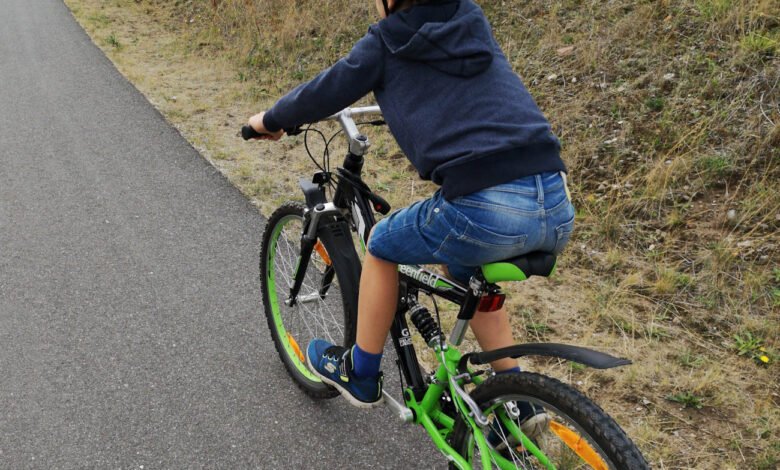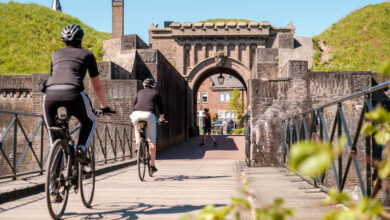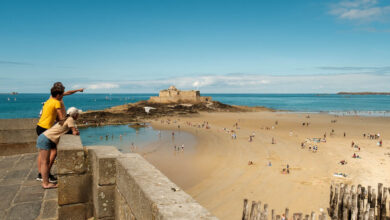
How Dutch children play outside
Children in the Netherlands have a variety of ways to play, both indoors and outdoors. Dutch culture places a high value on outdoor play, and many children enjoy spending time outside, even in colder weather.
Some popular outdoor activities for children in the Netherlands include playing in parks, riding bikes, playing soccer, and participating in water activities like swimming, kayaking, and paddleboarding.
Indoor play is also common, especially during the winter months when the weather can be cold and wet. Many Dutch children enjoy playing with toys like building blocks, puzzles, board games, and dolls. Creative activities such as drawing, painting, and crafting are also popular among children in the Netherlands.
In terms of toys, wooden toys are often favored in the Netherlands due to their durability and eco-friendliness. Some popular wooden toys include building blocks, pull toys, and puzzles. Other popular toys include dolls, action figures, board games, and electronic toys. However, the trend towards more sustainable and eco-friendly toys has been gaining momentum in recent years, with parents opting for natural materials like wood and cloth, and avoiding plastics and batteries whenever possible.
Safe to play outside
Children in the Netherlands are often encouraged to play outside without their parents from a young age. Dutch society places a strong emphasis on personal responsibility, self-sufficiency, and independence, and parents often allow their children to explore the world around them with minimal supervision.
This approach to parenting is known as “free-range parenting,” and it is not uncommon to see children as young as six or seven years old playing outside on their own or with friends in the Netherlands. However, the age at which children are allowed to play outside without supervision can vary depending on a number of factors, such as the child’s maturity level, the neighborhood in which they live, and the parents’ comfort level.
In general, Dutch parents trust their children to make smart decisions and handle themselves responsibly, and they believe that allowing their children to play outside without constant supervision is an important part of their development. This approach is supported by the country’s infrastructure, which includes safe streets, plenty of parks and green spaces, and a strong network of bike lanes and paths that make it easy for children to get around on their own.

